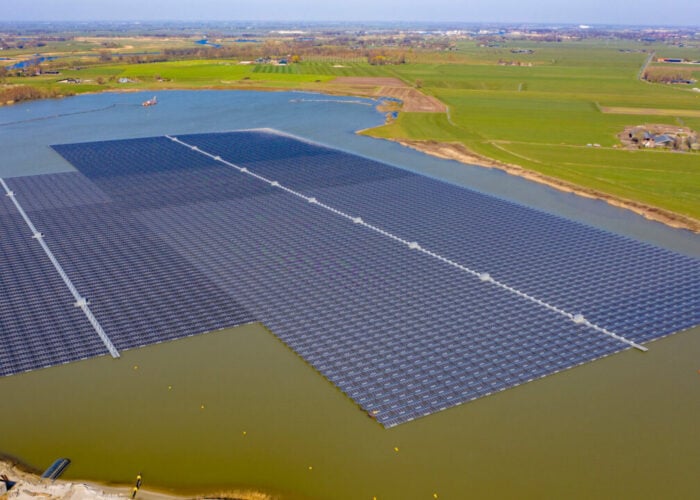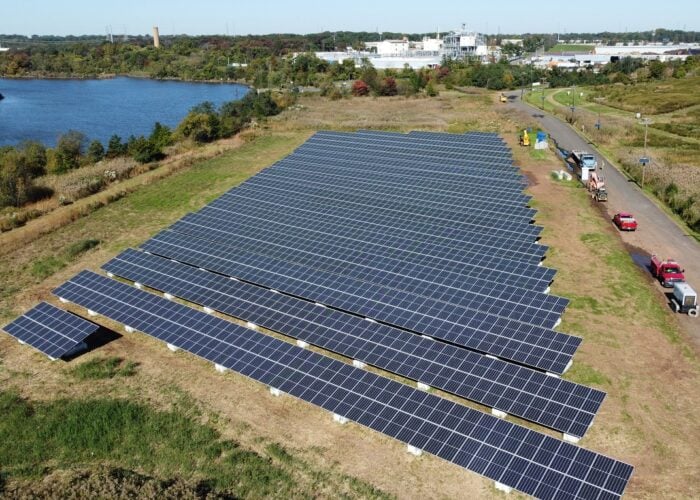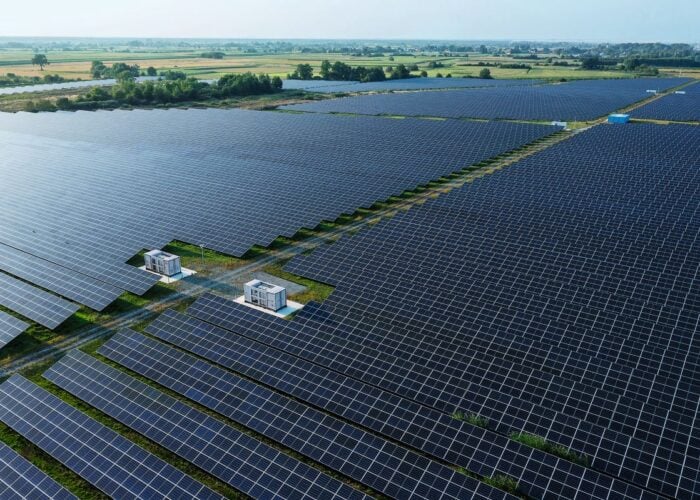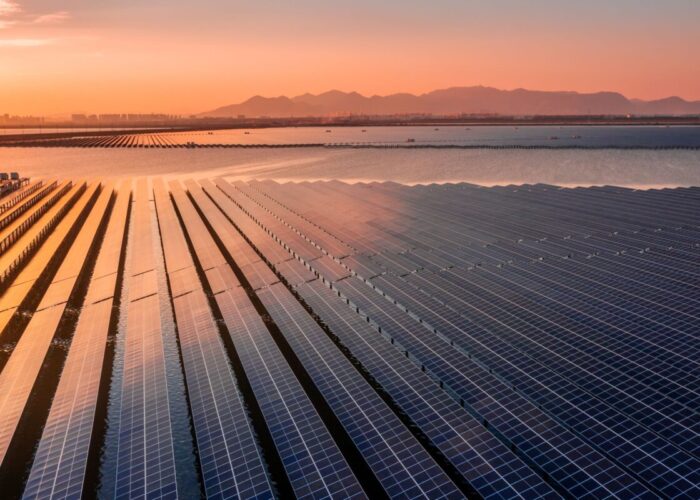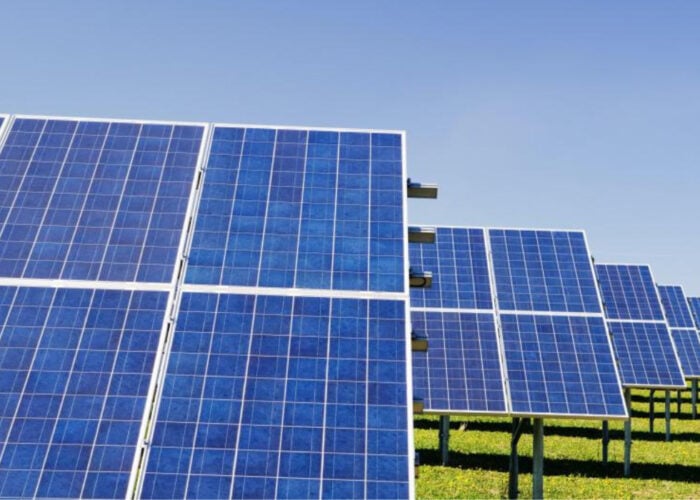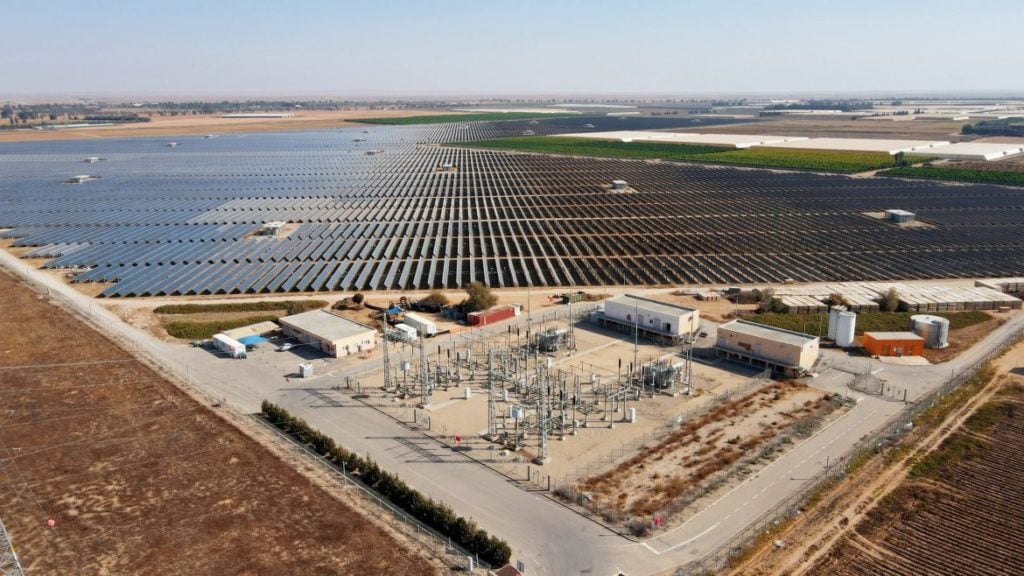
The Israeli government has published a tender seeking bids for a 100MW solar PV project to be built near the Ashalim settlement, a solar power hub in the country.
Jointly issued by Israel’s Ministry of Finance, Ministry of Energy and Infrastructure and the Electricity Authority, the tender will see the winning bidder receive a 25-year ownership of the resulting power plant, after which time it will be returned to the state.
Unlock unlimited access for 12 whole months of distinctive global analysis
Photovoltaics International is now included.
- Regular insight and analysis of the industry’s biggest developments
- In-depth interviews with the industry’s leading figures
- Unlimited digital access to the PV Tech Power journal catalogue
- Unlimited digital access to the Photovoltaics International journal catalogue
- Access to more than 1,000 technical papers
- Discounts on Solar Media’s portfolio of events, in-person and virtual
Or continue reading this article for free
Operations on the potential project are expected to begin in early 2027, according to the Electricity Authority.
The tender is issued under the Public Private Partnership (PPP), a model promoting state and private sector collaboration on building public infrastructure where private concessioners are given responsibility for construction, design, financing and operation and maintenance of projects in return for payments under pre-defined criteria from the government.
There are already four PPP renewable energy projects in the Ashalim area – two of which are solar PV – which add up to around 300MW.
“These days we at the Ministry of Energy and Infrastructure continue to work to remove barriers and open the electricity grid so that a massive absorption of renewable energy will be possible throughout the country in the immediate time frame,” said director general of the Ministry of Energy and Infrastructure, Kobi Blitstein.
“The mobilisation of all government ministries relevant to the field of renewable energy, as was done in the tender committee of this project, is necessary in order to bring about…significant change for the better in the energy economy.”
Earlier this month, the Ministry of Energy and Infrastructure and the Electricity Authority issued a plan aiming at 2GW of new renewable energy capacity on its grid by 2030, the time by which the government hopes to generate 30% of its electricity demand from renewable sources.


